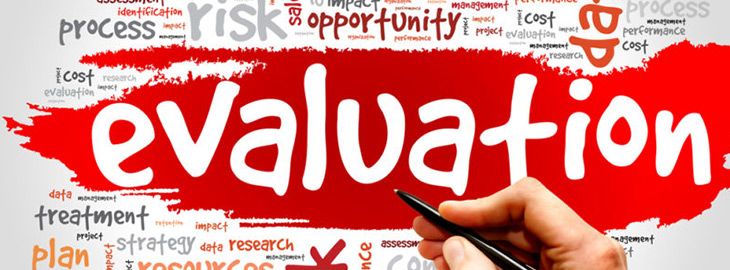
Corporate ethics and corporate compliance operate in similar spheres, but with subtle differences. They are frequently paired together, but they are not interchangeable. A choice or policy that is compliant may not necessarily be ethical, and vice versa.
Instead, while they are independent concepts, ethics and compliance rely on each other to work well; and companies must consider both to execute either successfully. Here are some common best practices for both ethics and compliance, as well as some suggestions for how you can use each to support the other.
What Are Corporate Ethics?
Ethics is a behavior that happens in accordance with a moral code. It’s less prescriptive than compliance, and therefore a bit harder to pin down. A company can’t really “require” good ethics from employees, although you can take many steps to encourage ethical behavior (and to discourage unethical behavior), and to create a well-integrated ethics program within your company.
Here are some best practices for corporate ethics:
- Build ethics into your corporate culture. For example, senior management can ask itself what principles are at the core of the organization, and how those ideas can be outwardly reflected. What do you stand for? What are your company’s core values? Design your company’s code of conduct around these values.
- Ensure that your company’s leaders model ethical behavior. This top-down model is a huge step toward promoting your company’s internal ethics program. Your board of directors and senior management should be aligned with your code of conduct and exemplify it at all times. Employees should see that ethical behavior is recognized and rewarded, and that unethical behavior is appropriately censured.
- Create an environment where employees feel safe to report violations. You can’t be in all places at once, and your staff is your best defense against ethical violations. Employees, however, are often reluctant to report violations out of fear that their future at the company could suffer. Fostering trust within your corporate culture ensures that your staff will feel comfortable telling management about ethical conduct breaches without fear of retaliation.
What Is Compliance Management?
Compared to ethics, compliance is far easier to define and monitor. Effective compliance management requires adherence to written laws and standards—which means there are concrete examples of what is and what isn’t compliant. Compliance violations can have serious legal and financial repercussions, which makes compliance management an important component of your company’s organizational culture.
Here are some best practices for compliance management:
- Make sure your employees are trained in compliance, by someone who knows the subject. Your corporate compliance program must be ongoing to function correctly; a compliance officer should be added to your team if you don’t have one already. Hold regular meetings and seminars to ensure that every member of your staff is aware of what compliance entails and that they are promptly informed of any policy changes.
- Prioritize areas of highest risk. Focus the majority of your compliance management on areas that stand to cause the most damage in the event of a breach. This is not to say that lower-risk areas should be ignored. Rather, the most critical risks need the most attention.
- Monitor compliance and enforce discipline when necessary. Compliance issues are best dealt with before they cause harm, so it’s crucial that you keep a close eye on areas that require compliance and that your staff understand: straying from those requirements will have consequences.
How Can Corporate Ethics and Compliance Management Support Each Other?
Despite their differences, these two concepts are integral to one another’s success. Ethics alone cannot prevent human error, and compliance without effective ethics is not likely to hold. A strong ethical foundation can also help create a workplace where staff members want to uphold their responsibilities for the overall good of the company. Employees who are motivated to do the right thing will be less likely to breach compliance, whether accidentally or intentionally.
Hiring compliance professionals, whether internally or from an outside firm, can help you create consistent internal policies and integrate compliance monitoring into your risk assessment program. Senior leaders should also be active in your company’s compliance efforts by modeling integrity and encouraging awareness of your ethical culture. Any potential conflicts of interest at every level of your organization should be flagged and addressed.
When considering new staff members, your company policies and the ethical framework should factor into your decision making. Your training program for new hires should incorporate both your company’s compliance policies and business ethics. Many companies have found success by incorporating an anonymous hotline for reporting ethics and compliance violations, so that even less seasoned employees can feel comfortable speaking up.
By adding a firm ethical foundation to your compliance activities, you can create a consistent and secure risk management program at your company.




